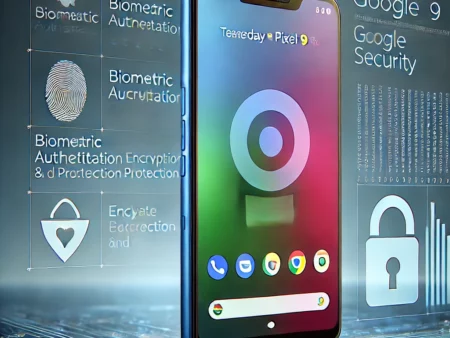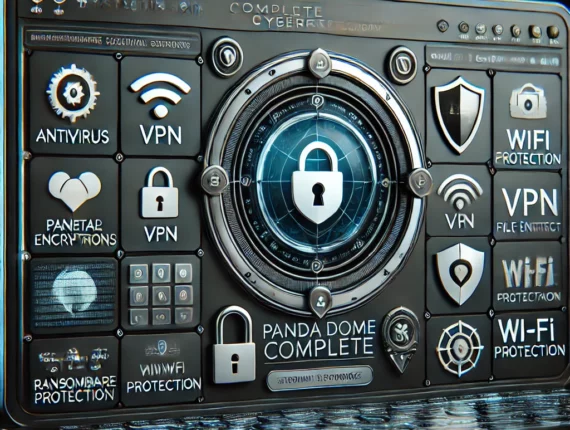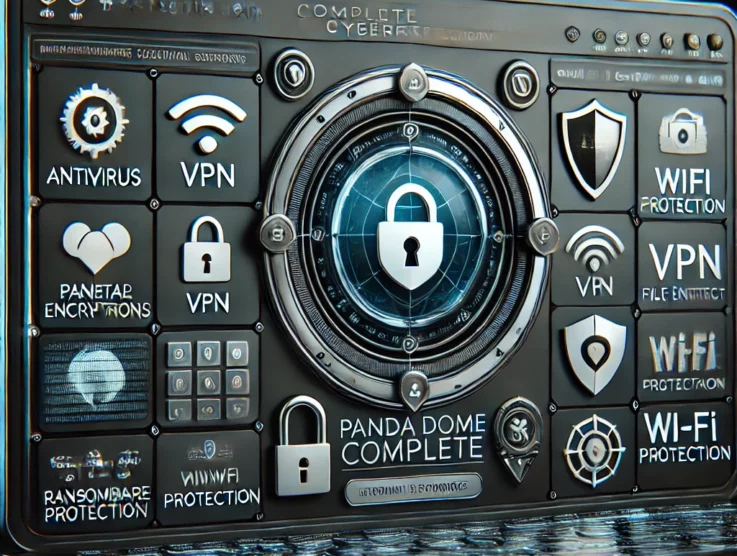
In the relentless march of digital evolution, few advancements promise to redefine the boundaries of possibility as profoundly as quantum computing. As this groundbreaking technology begins to take shape, a pressing question arises: how will quantum computing transform cybersecurity, especially within the telecommunications sector?
Introduction to Quantum Computing
Quantum computing leverages principles of quantum mechanics, exploiting phenomena such as superposition and entanglement to perform computations at exponentially higher speeds than classical computers. Unlike classical bits, which are binary (0 or 1), qubits can exist in multiple states simultaneously, paving the way for unparalleled computational capabilities. Currently, quantum computers are in their nascent stages, with companies like IBM and Google developing early prototypes. In the future, these machines are expected to solve problems that are currently intractable for classical computers, such as complex optimization tasks and simulations for drug discovery.
The Stakes of Quantum Computing for Cybersecurity
The Threat to Classical Cryptography
A major concern is the potential impact of quantum computing on current cryptographic algorithms. Public key cryptosystems like RSA and ECC rely on the difficulty of factoring large numbers or solving complex mathematical problems. However, with quantum algorithms like Shor’s algorithm, these problems can be solved much faster, thereby compromising data security. In today’s context, this poses a theoretical threat as quantum computers are not yet advanced enough to break current cryptographic methods. However, as these technologies develop, there will be a critical need to transition to quantum-resistant algorithms to secure sensitive data.
The Emergence of Quantum Cryptography
To counter these threats, quantum cryptography is emerging as a promising solution. Quantum Key Distribution (QKD) uses the properties of quantum mechanics to create cryptographic keys that are impossible to intercept without disturbing the system, ensuring perfectly secure communication. Currently, QKD is being tested in controlled environments and pilot projects, such as the Quantum Communication Infrastructure (QCI) initiative in Europe. In the future, the widespread adoption of QKD could lead to a new standard of security in telecommunications, protecting against even the most sophisticated quantum-based attacks.

Impact on Telecommunications
Telecommunications networks are the backbone of our modern society, enabling rapid and reliable global communication. Integrating quantum computing and quantum cryptography techniques in this domain could offer unprecedented levels of security but also presents unique challenges.
Securing 5G Networks
5G technology, with its ultra-fast connection speeds and ability to connect a massive number of devices, is particularly vulnerable to sophisticated attacks. Quantum computing could enhance the security of these networks through quantum cryptographic algorithms, ensuring protection against evolving cyber threats. Presently, the implementation of quantum-safe protocols in 5G networks is an area of active research. In the future, as quantum computing capabilities advance, we may see the integration of quantum-enhanced security measures becoming a standard feature of next-generation telecom infrastructures.
Resilience Against DDoS Attacks
Distributed Denial of Service (DDoS) attacks are a constant threat to telecommunications infrastructures. The advanced computational abilities of quantum computers could be harnessed to develop more effective detection and mitigation techniques, thus improving resilience against such attacks. Today, DDoS mitigation relies on pattern recognition and traffic filtering, which can be limited in effectiveness. Future quantum-based systems could enable real-time analysis and response to DDoS attacks, greatly enhancing the ability to maintain uninterrupted service.
Challenges to Overcome
Technological Transition
Adopting quantum computing and quantum cryptography requires a major technological transition. Telecommunications companies will need to invest in new infrastructures and train their staff to manage and maintain these advanced systems. Currently, this represents a significant financial and operational challenge. Future advancements in quantum technology and reductions in costs could make this transition more feasible, but it will require coordinated efforts across the industry to ensure seamless integration.
Regulation and Standardization
Implementing quantum technologies in telecommunications also raises questions about regulation and standardization. Developing international standards is essential to ensure the interoperability and security of quantum systems. At present, various organizations, such as the International Telecommunication Union (ITU) and the National Institute of Standards and Technology (NIST), are working on establishing these standards. In the future, widespread adoption of quantum technologies will necessitate robust and universally accepted regulatory frameworks to ensure secure and consistent implementation.
Conclusion
The future of quantum computing and cybersecurity in telecommunications is both promising and complex. As we move towards an era where quantum computing capabilities could revolutionize network security, it is crucial to prepare our infrastructure and protocols to fully leverage this advancement while mitigating its potential risks. Ultimately, seamlessly integrating these technologies could usher in a new era of secure and reliable communication, strengthening the foundations of our digital society.



























